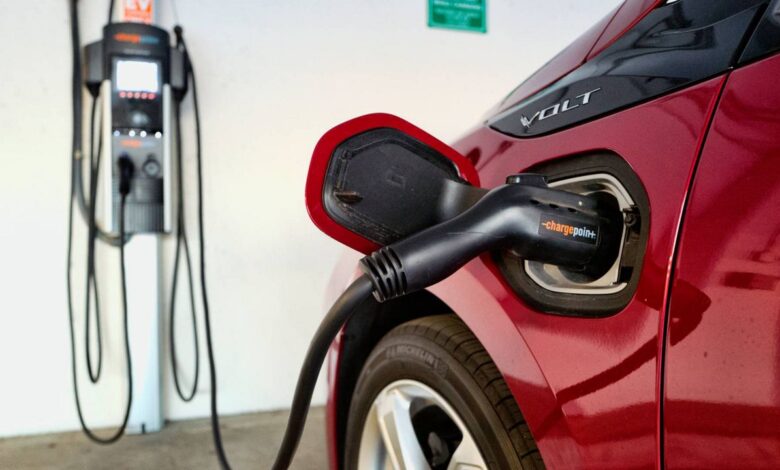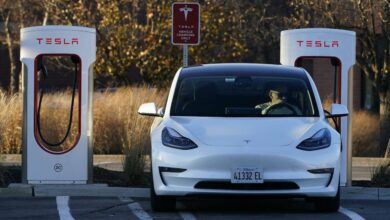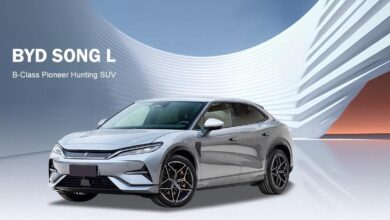EV transition not happening as quickly as some hoped

The Biden Administration is spending billions of dollars to accelerate the transition to electric vehicles, but sales aren’t growing as fast as they once were.
While EV sales grew 47% last year, the increase fell to 3% in the first quarter of this year. The EV market share also dropped a little to 7.15%. President Joe Biden’s goal is to have 50% of all new vehicle sales be electric by 2030.
Amidst declining sales, Ford pushed back rollout of its new electric pickup trucks and a new large electric SUV, and Toyota reportedly postponed the start of its EV production in the U.S.
In North Carolina, VinFast, a Vietnamese automaker, broke ground last July on a massive investment in electric vehicles. The plans are for a $4 billion factory outside of Raleigh that will employ 7,500 people and initially build 150,000 electric vehicles a year.
But today there’s a question of when the factory may open.
Production was originally supposed to begin this year, then was put off to 2025. And recently Reuters reported production could be delayed again.
VinFast didn’t confirm the delay but told Spectrum News it’s “conducting a thorough review and evaluation of all aspects of the construction process for our North Carolina factory.”
“VinFast successes should have been about a year ago, riding the BEV [battery electric vehicle] wave. But right now, as people are sort of downturning, and it’s leveling off in the adoption right now, they aren’t coming in at a strong position,” said AutoForecast Solutions President and CEO Joe McCabe. “They’re going to be another Tesla fighter, and, spoiler alert, there’s not going to be another Tesla.”
McCabe said the challenge for automakers is they have to convince skeptical customers to purchase EVs.
“The early adopters have adopted. Now you have to get the mass market mover, the more discerning mover,” McCabe said.
McCabe said car buyers are concerned about the cost of EVs, the still limited range of most EVs before recharging and the expanding but still limited number of charging stations.
Electric vehicles have also become politically divisive as some Republicans say EVs are being forced on Americans.
“Without the government’s involvement we wouldn’t be where we are today. But where we are today is just scratching the surface,” McCabe said.
In 2023 Spectrum News traveled to North Carolina to speak with Toyota about its relatively cautious approach toward EVs.
Rather than go all in on all electric, it’s focused on hybrid vehicles.
“Our customers are telling us let’s make sure we pace it. Don’t just turn the switch 100% EV and think we’re going to be comfortable with it. It’s going to take some time,” said North Carolina Toyota Manufacturing CEO Sean Suggs in 2023.
In the first quarter of 2024 Toyota reported hybrids and lone electric vehicle sales rose 36%.
And there are some encouraging signs for electric.
Legislation passed in Congress will increase the number of charging stations, tax credits could convince skeptical buyers and the cost of EVs is expected to continue falling.
Electric vehicles may still be the future, but the road to get there will be longer than some expected.
“We have always been in the camp of decades for this,” McCabe said. “One hundred percent is unattainable. There is always going to be internal combustion engines out there. So, you have to take these wins in bite size.”



